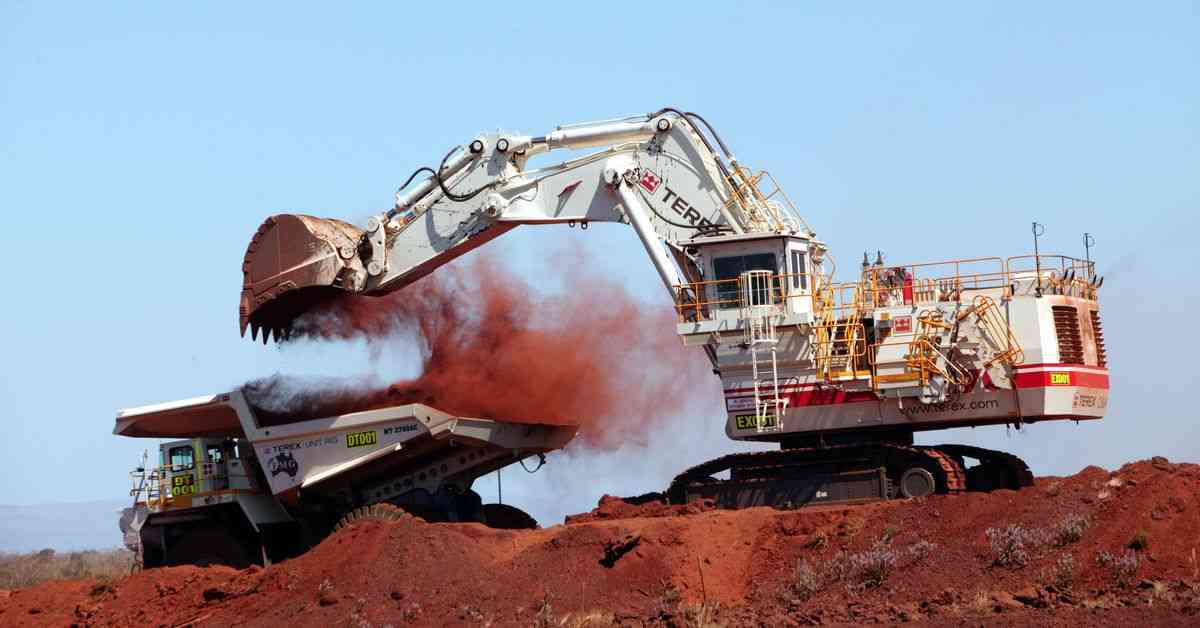In a groundbreaking legal battle unfolding in the Federal Court, the Yindjibarndi native title holders are seeking compensation from Fortescue Metals Group for the economic and cultural losses they have endured due to mining operations in the Pilbara region of Western Australia. The Yindjibarndi Ngurra Aboriginal Corporation is at the forefront of this fight, aiming to secure recompense for the devastation caused to their Country, both physically and culturally, as mining activities continue to reshape the landscape.
The dispute stems from Fortescue’s decision to commence mining operations at the Solomon hub in 2013 without obtaining consent from the Yindjibarndi corporation, opting instead to engage with a dissenting group. This move has resulted in significant environmental and cultural degradation, with the land facing irreversible damage as large pits mar the once-pristine territory. Vance Hughston, the barrister representing the Yindjibarndi people, painted a vivid picture of the devastation wrought upon their Country, contrasting it with the immense wealth accumulated by Fortescue and the state of Western Australia.
During the court proceedings, Hughston emphasized the profound impact of the mining activities on the Yindjibarndi community, highlighting their exclusion from the wealth generated by the extraction of resources from their ancestral lands. He underscored the grim reality that even after mining ceases, the scars left on the landscape will remain, with rehabilitation efforts unable to fully restore the Country to its original state. The looming specter of continued mining operations until 2045 further compounds the sense of loss experienced by the native title holders, as their connection to the land grows increasingly tenuous.
The Fight for Compensation: A Battle for Justice and Recognition
Amidst the legal wrangling over compensation, the crux of the matter lies in determining the rightful recompense owed to the Yindjibarndi people for the exploitation of their land. While lawyers for the native title holders argue that compensation should factor in the value of the minerals extracted and the royalties that could have been negotiated with Fortescue, the mining giant contends that such considerations are irrelevant to the calculation. This clash of perspectives underscores the complex interplay between economic interests and indigenous rights, raising questions about the equitable distribution of benefits derived from resource extraction on traditional lands.
As the courtroom drama unfolds, the voices of the Yindjibarndi community resonate with a plea for recognition and restitution. Their struggle to reclaim their cultural heritage and restore the integrity of their Country serves as a poignant reminder of the enduring legacy of colonization and exploitation that continues to shape the landscape of contemporary Australia. The impending decision on compensation holds far-reaching implications for indigenous land rights and resource governance, underscoring the urgent need for a more equitable and inclusive approach to natural resource management.
Navigating the Complex Terrain of Indigenous Rights and Resource Extraction
The case of the Yindjibarndi native title holders stands as a microcosm of the broader challenges facing indigenous communities worldwide, as they confront the dual pressures of economic development and cultural preservation. The clash between traditional land tenure systems and modern extractive industries highlights the inherent tensions between competing visions of progress and sustainability. As the legal battle unfolds, it serves as a stark reminder of the ongoing struggles for justice, recognition, and self-determination that indigenous peoples face in their quest to protect their lands and livelihoods.
In the final analysis, the fate of the Yindjibarndi people hangs in the balance, as they seek redress for the irreparable harm inflicted upon their Country. The court’s decision on compensation will not only determine the financial restitution owed to the native title holders but also send a powerful signal about the value of indigenous rights and the imperative of genuine reconciliation. As the legal saga continues to unfold, one thing remains clear: the fight for justice, dignity, and respect for indigenous peoples’ rights is far from over. It is a battle that demands our attention, our empathy, and our unwavering commitment to upholding the principles of justice and equality for all.

















